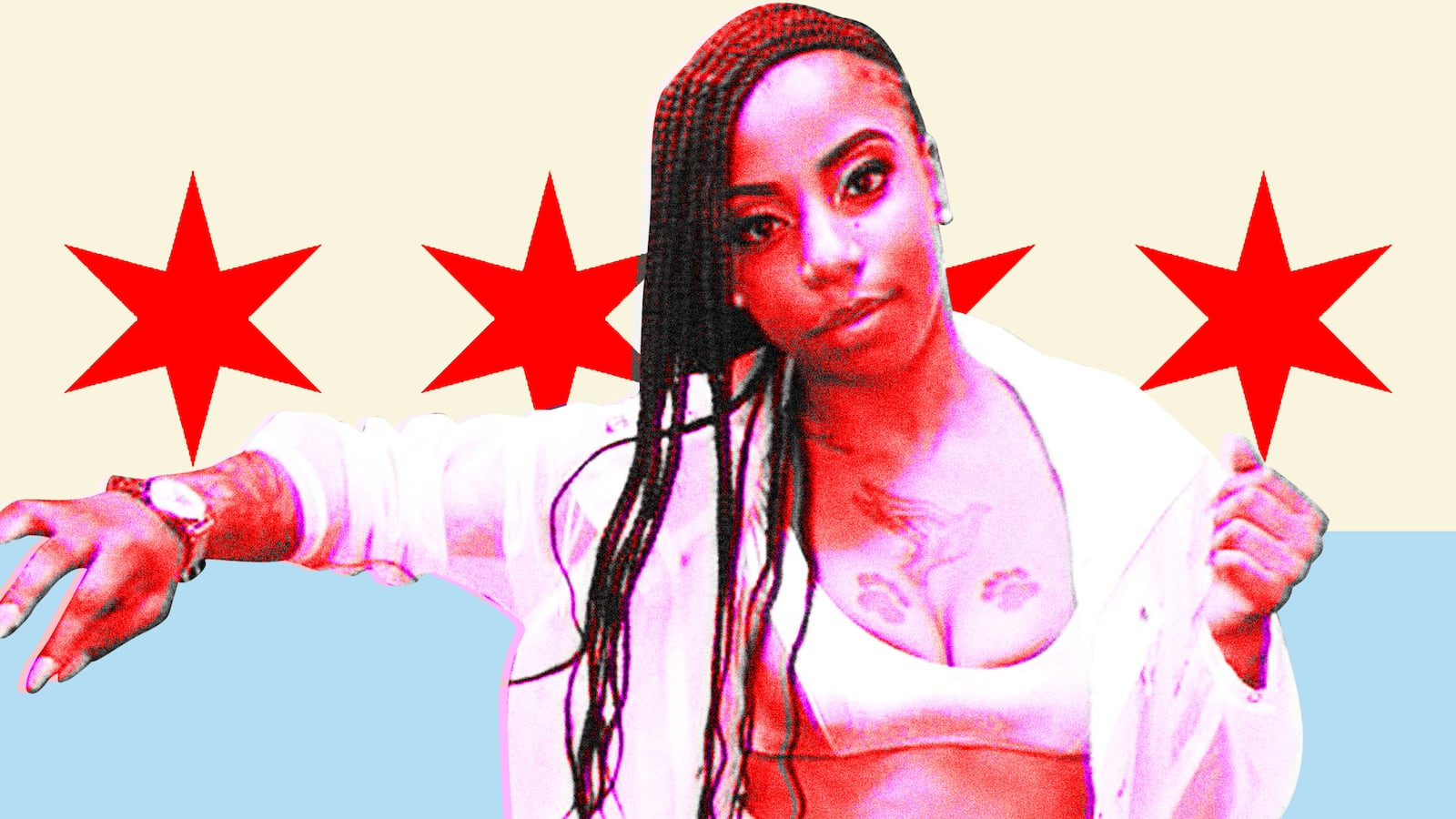Last week, the New York Times published an article exploring the effects of drill music on recent instances of violence in the U.K. Drill, a subset of rap music that originated as a response to the violence in Chicago streets, is being blamed for a surge in killings in London, and has even been the subject of a recent study relating the genre to violence, the Times article reports.
It’s easy to understand why many believe the genre causes criminal violence; popular songs from drillers like Lil Reese and Chief Keef, perhaps the scene’s most well-known artist, feature lyrics about shooting or “drilling” rivals, and also boast of past violent exploits. The U.K. iteration of drill music contains similar themes, with many artists foregoing traditional releases through record labels and instead sharing their work directly with their fans on social media platforms. YouTube made headlines last week for removing over 30 drill music videos from the site after London police asked them to.
Adding fuel to the fire is the fact that Chief Keef was reportedly shot at while outside of his hotel in New York last weekend. The rapper was unharmed, but it’s interesting to note that there had recently been some bad blood between him and Brooklyn rapper Tekashi 6ix9ine. 6ix9ine later denied any involvement in the shooting.
Sasha Go Hard, a rapper from Chicago’s South Side, has been active in the drill scene since its inception, along with other female rappers such as Katie Got Bandz (also known as “Drillary Clinton”). Though it seems atypical for a genre so focused on traditionally macho exploits, female drillers form a small but critical part of the community. Sasha (real name: Yaneisha Franklin) entered the drill scene in 2011 when she was just 19 with the release of her mixtape Glory Girl, and later went on to work with Chief Keef and other prominent drill artists. Along with Katie Got Bandz, Sasha is widely credited as helping solidify the drill sound.
Over the years, Sasha’s musical style has evolved. She’s been prolific in her output—her most recent album, No Problems, came out in January—and remains a key part of the drill community, even though she doesn’t necessarily identify with the genre anymore. We spoke with her about the recent spate of violence in London, and whether she thinks the music contributed to it.
“I feel like it’s kind of an outlet for artists to use to promote their beef and push their beef,” Sasha says when asked about the relationship between drill music and real-life violence. “It can affect people’s lives, and it’s kind of scary.”
Personally, however, she tries to keep her distance. “I got a daughter, and I got a lot of shit to do, so I just try to stay away from it,” she says. “I can’t talk the drill life, the violence, I can’t talk about that type of stuff in my music. Like, I’m from Chicago, and I do know the streets. But you’re not gonna catch me with a gun, or catch me killing somebody.”
In terms of the evolution of drill music—from its humble beginnings in Chicago’s South Side to its recognition worldwide today—Sasha says things have “definitely” changed. “I think it used to be more about the sound, but now it’s about the artists and what they’re talking about,” she said, conceding that in her opinion, traditional drill lyrics are those that contain violent imagery. “Just talking mad shit… I don’t consider that drill. But if a n***a makes a song and he’s talking about shooting people up, that sounds more drill to me.”
While Sasha is optimistic about opportunities for female rappers (“I love Cardi B, I feel like she just opened the door for all the female rappers”), she’s decidedly less hopeful about the drill community. “As much I pray and I wish that it would die down, it just doesn’t seem like it’s dying down,” she says of the violence wracking the scene. “The stuff [drill artists] are talking about in their rap, whoever they’re dissing, people they don’t like… it’s making it worse. It’s real. This is real-life stuff that’s going on—people getting killed, getting shot.”
But Sasha doesn’t think that a specific city or a specific artist should be held accountable for the violence—rather, she thinks it’s the result of wannabe rappers imitating their peers in efforts to become famous. “Instead of being leaders, everybody want to be followers,” she says. “It’s not benefiting them, though, it’s just making the violence worse. And they use music to do it, which is just sad.”






